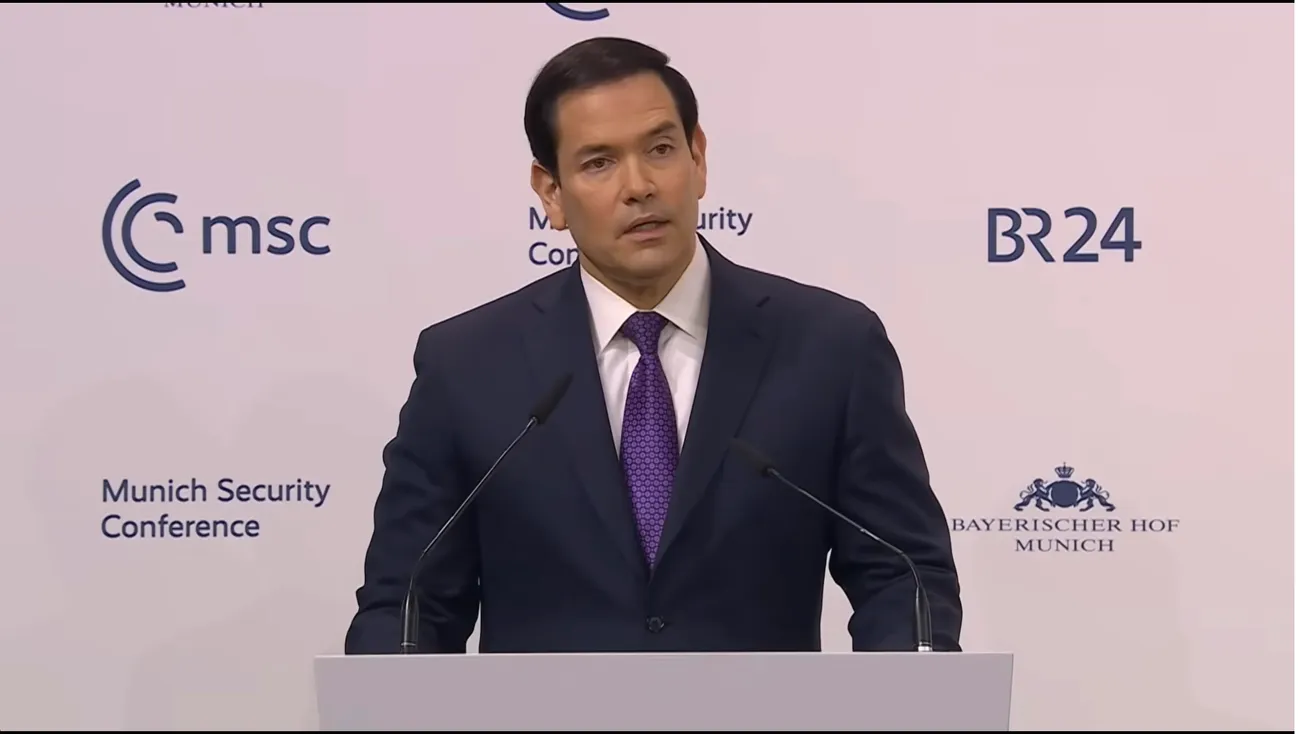Secretary of State Anthony Blinken appeared at the daily State Department press briefing on January 27 to schmooze with the press and make a few comments. In reply to a question on China, Blinken said that the US-China relationship “was the most important relationship that we have in the world going forward. It’s going to shape a lot of the future.” He said it had “adversarial aspects” as well as “competitive aspects,” but also cooperative ones, “where it’s in our mutual interest to work together, including, manifestly, on climate, where it’s in the interest of China and the interest of the United States and the interest of countries around the world to make progress in combating global warming. And so I think and hope that we’ll be able to pursue that.” Blinken’s words were appreciated, given the drumbeat of animosity that came out of State under Pompeo.
At the same time, Blinken said that he agreed with the determination of the Pompeo State Department that China was conducting “genocide” in Xinjiang. One reporter commented that Linda Thomas-Greenfield, Biden’s pick for UN Ambassador, had said that the “genocide” designation was under review. Blinken said he hadn’t seen her remarks, so he couldn’t comment on that, but that he believed that it was genocide. The Chinese Foreign Ministry spokesman, Zhao Lijian, replied on January 28th, simply stating, “There’s never ever such a thing as genocide in China. Period.” “Xinjiang has never been more prosperous than it is now, with unprecedented achievements in socio-economic development and improvement of people’s life,” Zhao said. “Residents in Xinjiang live a happy life in a stable environment. These facts are the best refutation to certain U.S. politicians’ anti-China remarks. No matter how hard those ill-intentioned individuals try to sow discord, they will not succeed in destabilizing Xinjiang or stopping Xinjiang’s endeavor for progress. Pompeo’s slandering comments against China are already discarded in the dustbin of history.”






